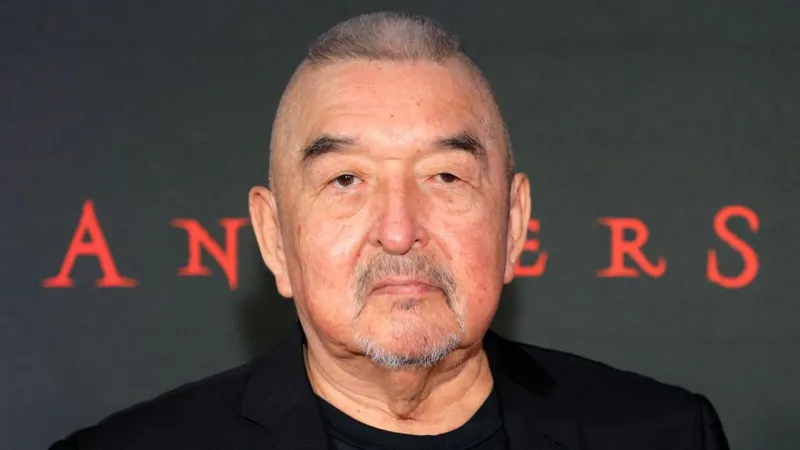Graham Greene, Dances With Wolves star, dies at 73 — here’s what to know

Graham Greene Dances With Wolves Kicking Bird. Photo credit: Getty images
The Canadian and international film community is mourning the loss of Graham Greene, the acclaimed First Nations actor whose career spanned over four decades. Greene, best known for his Academy Award-nominated role in Dances With Wolves, passed away peacefully at the age of 73, according to a statement released by his manager, Gerry Jordan. The veteran actor reportedly died of natural causes.
Born into the Oneida Nation, part of the Six Nations Reserve in southern Ontario, Greene overcame humble beginnings and diverse career paths before finding his calling in the performing arts. Before his acting journey took off, he worked as a draftsman, civil technologist, steelworker, and even as part of a rock-band crew. His eventual immersion in the theatre scene in the UK during the 1970s laid the foundation for his craft. Greene often credited his stage work as essential to shaping his skills, emphasizing in a 2012 interview that theatre gave him the discipline and depth needed to embody characters fully.
Greene’s breakthrough came in 1990 with his portrayal of Kicking Bird, a Lakota medicine man in Kevin Costner’s epic western Dances With Wolves. The performance earned him global acclaim and an Academy Award nomination for Best Supporting Actor, establishing him as one of the most prominent Indigenous voices in Hollywood.
His versatility shone through in a wide range of films that followed. From Thunderheart (1992), where he played tribal officer Walter Crow Horse, to Maverick (1994), Die Hard With a Vengeance (1995), and the haunting role of Arlen Bitterbuck in The Green Mile (1999), Greene became known for bringing quiet strength and authenticity to every role. He later appeared in The Twilight Saga: New Moon (2009), Wind River (2017), and numerous other projects that showcased his enduring talent.
Beyond his cinematic achievements, Greene’s contributions to Canadian arts were widely recognized. In 2004, he received the Earle Grey Award for Lifetime Achievement from the Academy of Canadian Film and Television. In 2016, he was further honored as a Member of the Order of Canada, the nation’s second-highest civilian honor, cementing his legacy as a cultural icon.
In reflecting on his personal life, Greene often pointed to his marriage to Hilary Blackmore as a defining chapter. Describing it as “the best time of my life,” he credited their partnership as a source of stability and joy amidst his demanding career.
Graham Greene’s passing marks the end of an era for Indigenous representation in cinema. His work not only opened doors for First Nations actors but also left behind a body of work that continues to inspire audiences worldwide.

